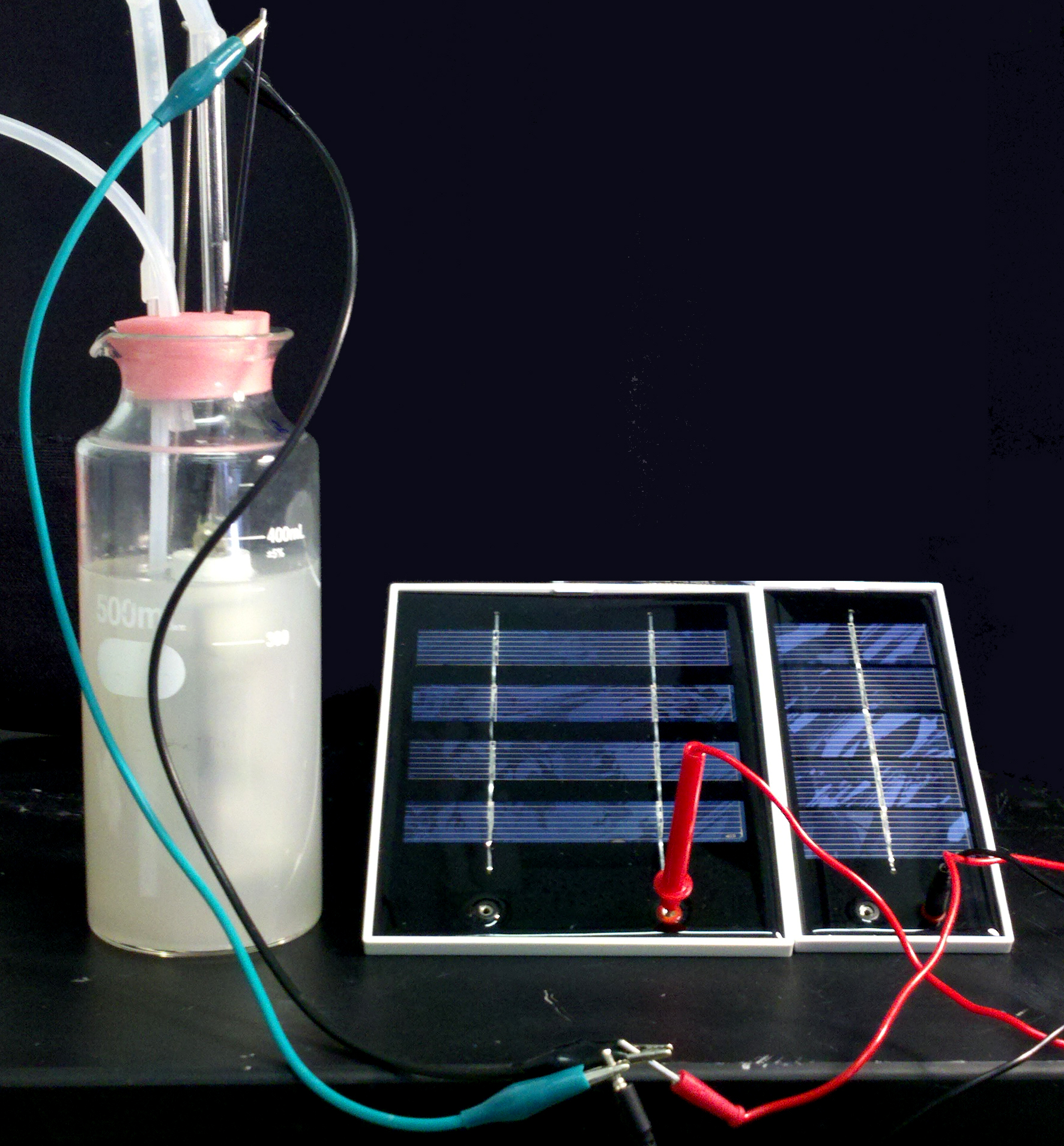
Energy and the Environment
Professors Chang, Christofides, Cohen, Davis, Lu, Manousiouthakis, Morales-Guio, Sautet, and Simonetti.
At UCLA, the Chemical & Biomolecular Engineering faculty addresses pressing issues in energy and the environment using various approaches based on fundamental principles of chemistry, physics, and biology, with the aid of advanced mathematical modeling and computational tools. Our faculty members pursue a wide variety of engineering solutions to current challenges in energy and the environment, and detailed project descriptions can be found in individual faculty’s websites.
1) Energy
Environmental and geo-political concerns drive the development of diverse sources of energy. Indeed, chemical engineers have the unique combination of education and skill to discover the new energy technologies that will allow society to utilize available resources more efficiently and sustainably.
Faculty in the Chemical & Biomolecular Engineering Department at UCLA are investigating methods to harvest sunlight, store electricity more efficiently, generate hydrogen, and reduce CO2 using biological and physical-chemical means. Projects include artificial photosynthesis, synthetic CO2 fixation, microbial synthesis of fuel- and chemical-precursors, fuel cells, battery improvement, hydrogen production, natural gas and biomass upgrading, and more efficient process design and catalyst discovery for chemical synthesis are currently under way. Chemical methods as well as genetic and biochemical approaches are used by faculty and graduate students to achieve these goals. Nanotechnology is used to create new materials for energy applications. In addition, mathematical modeling enables the development of better design and control schemes. For detailed project descriptions, please visit individual faculty’s websites.

2) The Environment
Growing public concern surrounding environmental protection is exerting a significant influence on the political and economic activities in the U.S. and around the world. Consequently, there is increasing need and motivation for the scientific and engineering communities to develop clean, environmentally friendly technologies while maintaining our high standards of living. The Chemical and Biomolecular Engineering Department at UCLA has a long and distinguished record of making pioneering contributions to Environmental Chemical Engineering and has been the hub of environmental research for over a decade.
At UCLA, a new class of ceramic-supported polymer membranes is being developed for water purification and for the separation of organic liquid mixtures. Fundamental research on polymer brush layers has also led to the recent development of a new class of low-fouling ultrafiltration membranes for colloidal and protein separations and novel pervaporation membranes. Research in the area of adsorptive and catalytic contaminant remediation is leading to new technology for improved emission abatement for chemical conversion processes. Furthermore, quantitative methodologies are being developed to optimize material and energy resource utilization, thus enabling engineers to design process plants that are both economically viable and environmentally friendly.
